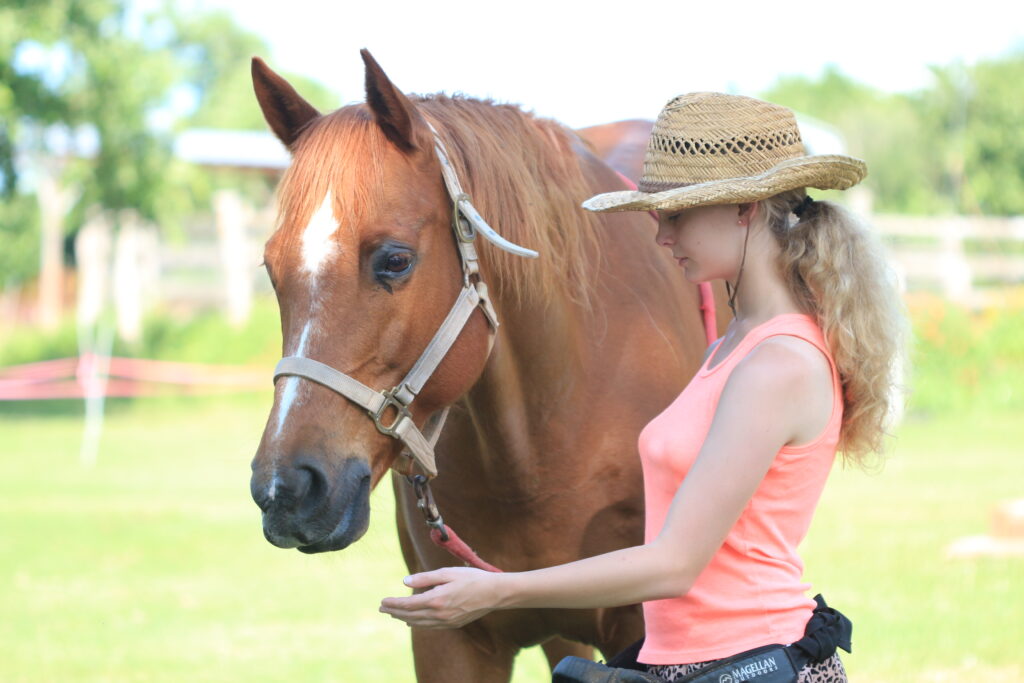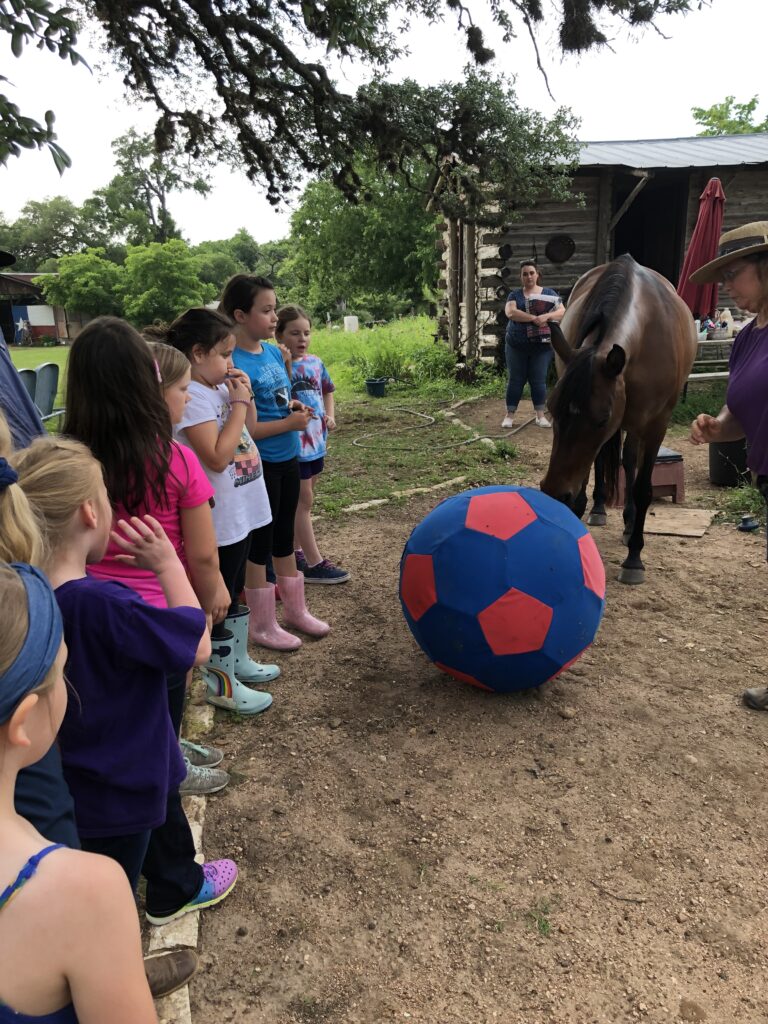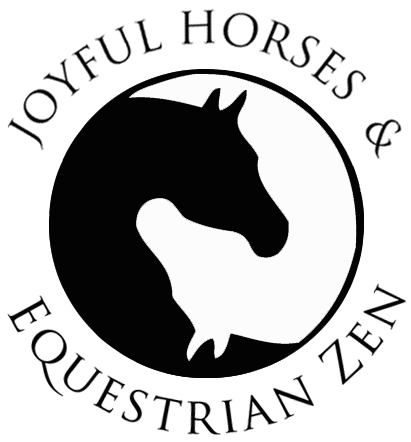During a conversation yesterday, the topic came up of how many people feel guilty for keeping horses that aren’t working or performing great athletic feats. People post all the time on Facebook horse groups saying their horse is going to waste in their field and they either need someone to come ride them or they need to sell their horse. There is a prevalent belief that horses have no value unless they are able to make their owner’s lives better. There is little thought given to a horse being a supportive companion to people or other horses.
Humans are not usually taught how to interact with horses in a non-work or non-competition format. And most horses that are “kids horses” are shut down or crippled with pain. When I was a toddler, my family had a “kids horse” named Ginger that had foundered and would try to bite my parents. They didn’t know about horses, but my mom was a nurse and she sent Ginger back a family friend’s pasture where Ginger could live out her days unbothered by people. My parents also got a blind “kids horse” who had to be sent away after running through all of the electric fences on our family farm. Both of these horses worked hard during their younger years, and yet their owners sold them down the road rather than care for them in their elder years. There needs to be a new standard for care of old and injured horses that goes beyond just finding someone else to foot the bill.

Horse owners feel peer pressure to have every session with their horse count towards progress of some goal or competition. If they don’t do something deemed worthwhile with their horse, then they feel pressure from other horse owners who question if the person is even worthy of being called a horse person. So when a horse is no longer able to be ridden or pull a carriage, they are often sold to auction and end up as dog food.
When I was a teenager, I was horrified that someone I knew, who said they cared for their horse, ended up selling their old horse in an auction with kill pen buyers because they said they couldn’t afford to euthanize their old horse. The woman said that selling her horse to auction would give her money towards a new riding horse. There were so many things wrong with that statement, I walked away in shock.
I was fortunate that my parents were not experienced ranchers when I was growing up. They both had professions outside of their agricultural endeavors. My parents bought 160 acres in the middle of no where Texas and proceeded to fill it with animals because they liked animals. They did try to learn to be farmers and ranchers from the advice of their neighbors, but there wasn’t the weight of generations of family pressuring them to keep animals at a distance.
This meant that we would sit around the dining room table and talk about how old Bessie was tough or Juliette was so mean that she would get eaten the moment she stopped having babies. By the time I was 11, I realized I didn’t have to eat animals and my mom didn’t try to change my mind.
But for many ranching families, if their child were to declare themselves a vegetarian, that would amount to a declaration that all the family members before were wrong. To say that animals should be treated in a way that they do not suffer pain or distress even when sold, most cattle ranchers would say that their own lives are hard and painful and so the animals have no more right to an easy life than they have themselves.
This is repeated by horse owners when presented with the idea of using positive reinforcement with their horses. People often say that no one cares about how they feel, so why should their horse have life so good?
But if we don’t give our horses real choices in their lives, then we have a slave, not a partner or friend. Friends have value outside of what they can do for us. When we see our friend happy and feeling good, we feel good too. For most people with dogs or cats, they are happy to interact with them without requiring that they do something amazing every time we see them. But as a woman, we can also feel the need to perform amazing feats everyday to keep our own self worth from redlining.

Women feel that they constantly have to prove themselves as well. We often try to live up to standards of productiveness in our society and can feel worthless if we are not meeting those standards. I wonder if the history of women as property or basically broodmares has brought about this similarity between these unwritten rules about women and horses?
We cannot change our past, but we can decide for ourselves what we will value in the future. Positive reinforcement training is the first step towards appreciating that how an individual feels has value in and of itself.
